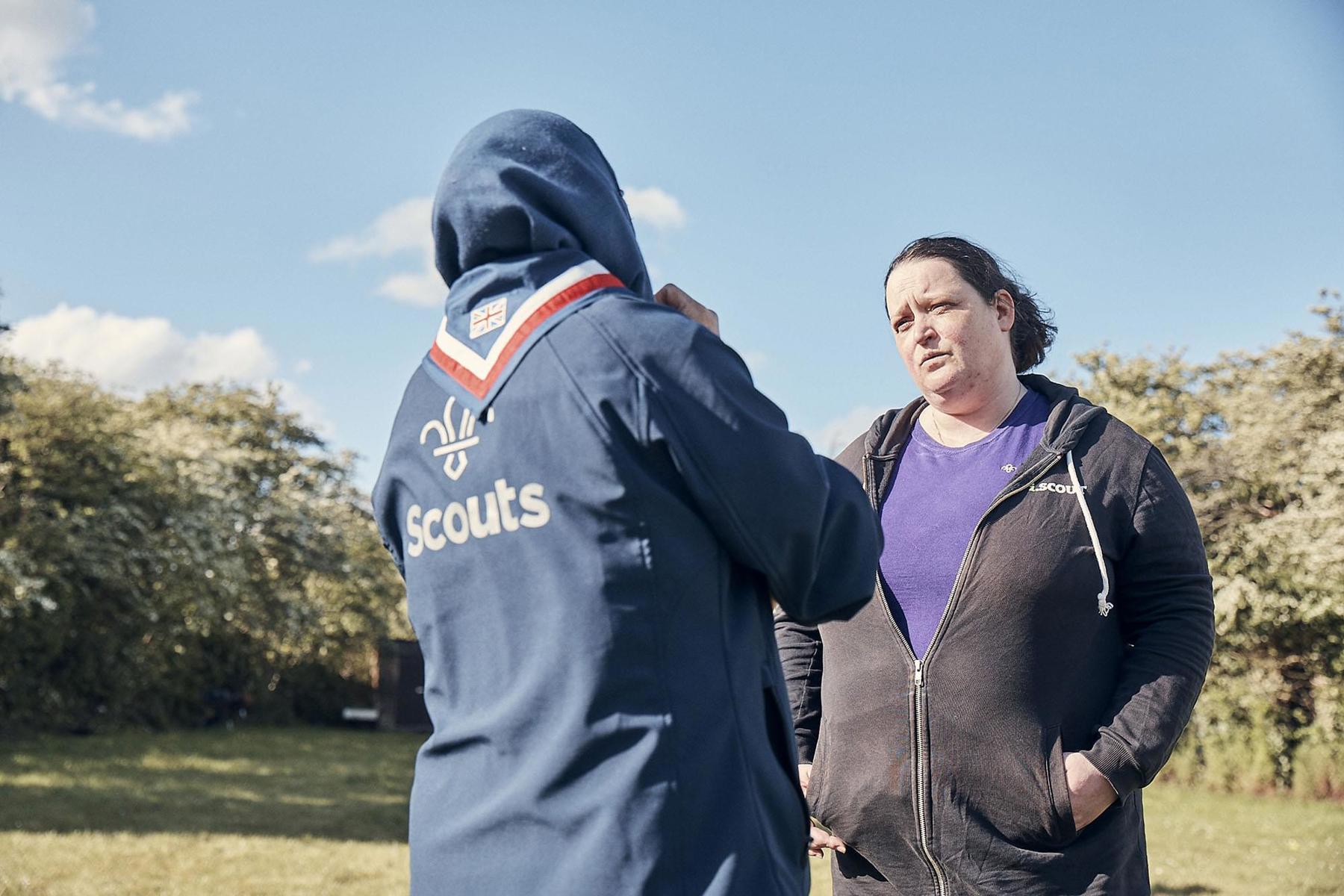Serious Incident Reporting
Regulatory Reporting Requirements
Trustees must comply with statutory accounting and reporting requirements. This applies even if your Scout Unit isn’t registered with the relevant charity regulator.
You may know the requirements about accounts and annual returns.
But, do you know what ‘serious incidents’ are and when you need to report them?
The below guidance is for Scout units in England and Wales to comply with Charity Commission for England and Wales requirements.
For Northern Ireland and Scotland, you can check the relevant charity regulator for that country:
What do we need to report as a ‘serious incident’?
It can be difficult to decide what a ‘serious incident’ is. You can take a look at the Commission’s current guidance.
Trustees should consider reporting any incident which results, or could result, in a significant loss of funds or a significant risk to your members, work, property or reputation.
- Any actual or suspected criminal activity within the Unit – but NOT safeguarding incidents. (See the 'What about safeguarding issues or when one of our members is injured?' section below for more information.)
- Any actual or suspected serious fraud or theft. Whether something's serious depends on a number of factors, including the amount taken and who's alleged to have taken it. You should report to the Commission as well as – not instead of – reporting to Action Fraud and the police.
- Other significant loss (such as due to fire damage) – generally a loss will be ‘significant’ if it represents 20% or more of your Unit’s annual income or £25,000, whichever is the smaller amount.
- Someone disqualified as a trustee has been or is an Executive Committee member. For example, someone who is an undischarged bankrupt or who has an arrangement with their creditors – an ‘IVA’.
- Any local media coverage which Trustees believe has had, or is likely to have, a significant negative impact on the Unit’s reputation.

What about safeguarding issues or when one of our members is injured?
Local Scouting don’t need to report to the Commission any safeguarding or safety-related incidents, unless these give rise to negative local media coverage – take a look at ‘Examples of what you should report’ above for more information.
You also do not need to report any negative coverage in the national media. This is because the Association has agreed with the Commission that UK Headquarters will do this reporting on behalf of local Scouting in England & Wales.
When do we report?
The Commission expects any serious incident to be reported to it immediately (or as soon as possible after you have made the necessary initial enquiries).
Units which have to submit an annual return (i.e. those with an annual income over £25,000) must sign a declaration as part of the return that there are no serious incidents that you should have brought to the Commission’s attention earlier.
How do we report?
You can make a report by completing the Charity Commissions online reporting form.
Although you can designate one person (for example, your Secretary) to be responsible for completing the form, all Trustees must have the chance to approve the details before the form is sent.
More information
- This article is an outline only. All Trustees should ensure they're familiar with: Charity Commission guidance CC3: The Essential Trustee Guidance.
- How to report a serious incident in your charity - England and Wales.
- POR has additional requirements. For example, to have accounts scrutinised and to send a copy to, say, the County Treasurer or Headquarters. Take a look at the various Rules headed ‘Finance and…’) for more information. There are also additional requirements for charities that are registered companies or Charitable Incorporated Organisations.